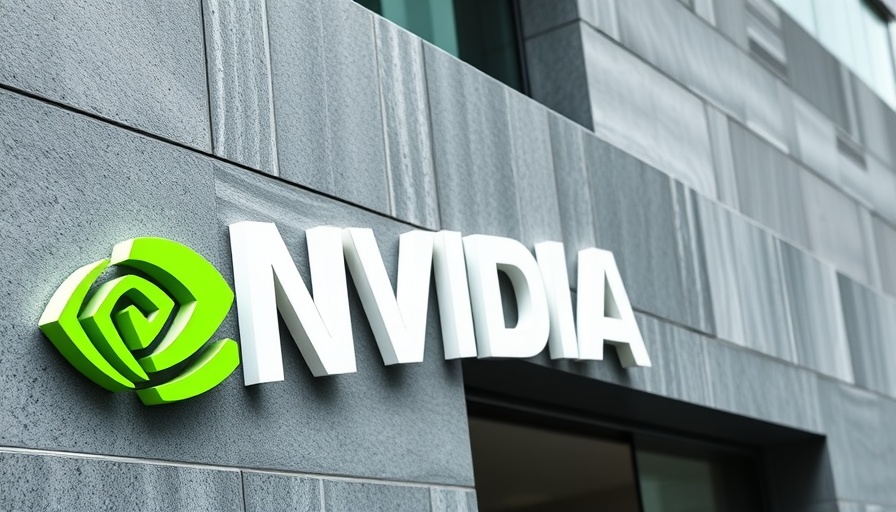
Nvidia's Opposition to the AI GAIN Act: What’s at Stake?
Nvidia, a leader in artificial intelligence and semiconductor technology, has expressed strong disapproval of a newly proposed legislative initiative known as the GAIN AI Act. This act is designed to enhance domestic control over chip production and could potentially impose trade restrictions that would significantly affect global competitiveness. Nvidia's primary argument is that this legislation is attempting to address a 'Chinese problem' that, in their view, does not exist, thus raising concerns about its necessity and efficacy.
The Impact on Global Competition
The GAIN AI Act aims to prioritize U.S. chip orders, which Nvidia argues could inadvertently stifle innovation and economic growth. By creating barriers for international trade, it could limit opportunities for companies like Nvidia to compete effectively on a global stage. The company's fear is that these measures might mirror the restrictions seen in the AI Diffusion Rule, which are seen as limiting rather than promoting technological advancement.
Addressing Misconceptions About Security Threats
Nvidia has articulated that the existing concerns surrounding Chinese technology firms often stem from misunderstandings rather than substantiated threats. This perspective brings to light the often-overlooked idea that collaboration and competition can coexist in the tech industry without compromising national security. By overemphasizing a perceived threat from China, the GAIN AI Act may initiate a sequence of protective measures that harm not just tech giants like Nvidia, but also smaller companies that rely on open trade for growth.
Future Predictions: The Road Ahead for American Tech
As tensions between the U.S. and China continue to evolve, predictions for the technology landscape suggest that excessive regulation could lead to slower innovations not just in AI, but across the entire tech spectrum. Nvidia, along with other industry stakeholders, advocates for a balanced approach that encourages domestic growth while allowing for healthy international competition. The future of American tech innovation may depend on whether lawmakers heed these warnings or proceed with stringent policies that could hinder progress.
Comparative Analysis: The U.S. vs. China in AI Development
The race between the U.S. and China in AI development has become a focal point of economic policy. While both nations thrive on technological advancements, regulations like the GAIN AI Act could serve to isolate U.S. companies from the rapidly growing Asian market. Conversely, by fostering an environment of cooperation and interoperability, the U.S. could both safeguard its national interests and enhance its technological landscape.
What Can Consumers and Investors Do?
For AI enthusiasts and investors, staying informed about these developments is crucial. Understanding how legislative changes affect market dynamics can provide a competitive edge, whether you are investing in stocks or simply looking to purchase technology products. Engaging with advocacy groups or supporting policymakers who favor balanced technology regulation can also influence these economic policies.
Call to Action
As the debate surrounding the GAIN AI Act unfolds, it is more important than ever to stay aware of how these decisions impact both the industry and the economy. Engage with your local representatives, advocate for fair tech policies, and stay informed about the latest developments in artificial intelligence. Your voice can be a part of shaping a technology landscape that benefits everyone.
 Add Row
Add Row  Add
Add 




Write A Comment